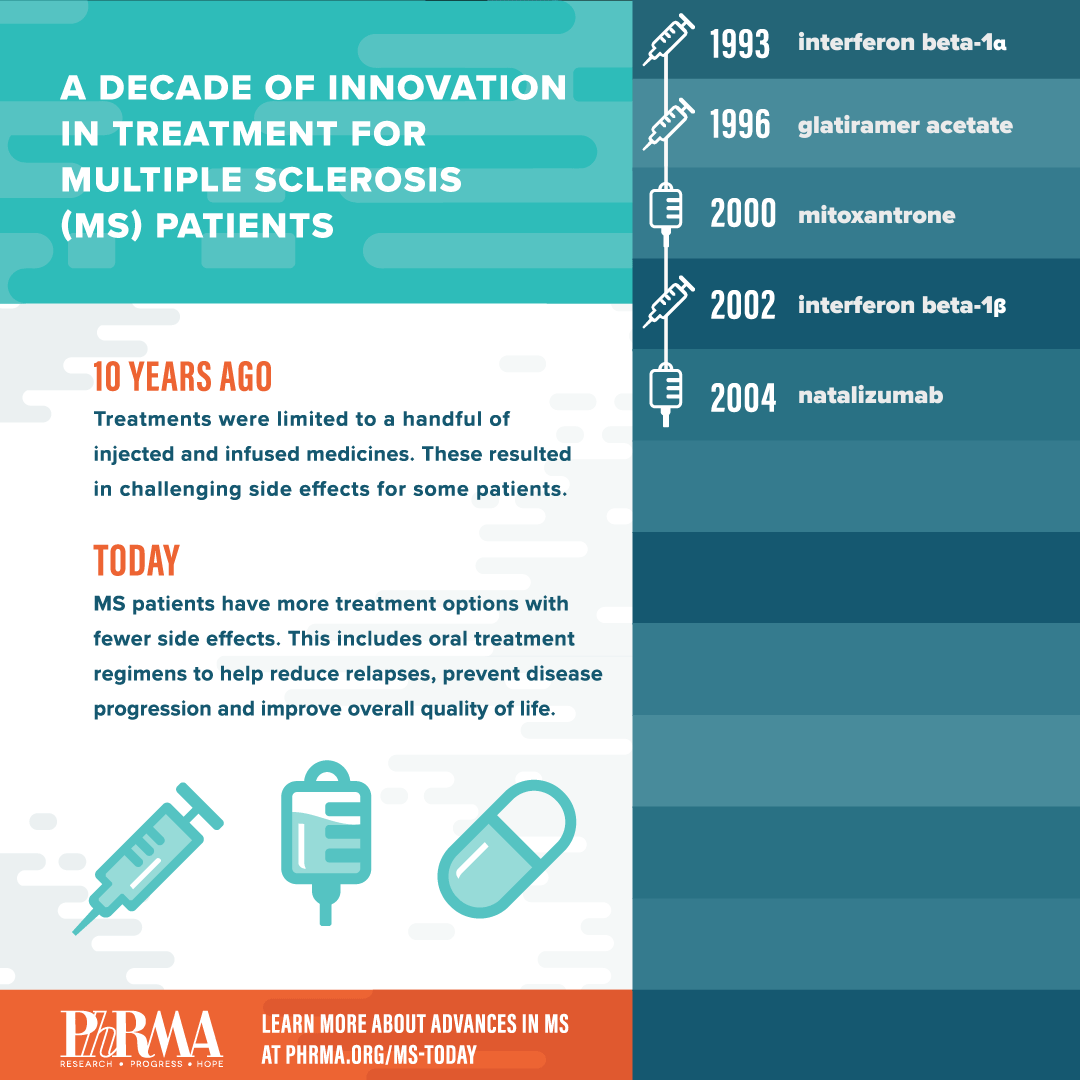ICER glosses over significant progress in MS treatment
ICER’s philosophy is in direct contradiction to what is widely recognized by MS community as significant progress for patients.

ICER glosses over significant progress in MS treatment.
ICER’s philosophy is in direct contradiction to what is widely recognized by MS community as significant progress for patients.

ICER glosses over significant progress in MS treatment.

Multiple sclerosis (MS) is a devastating chronic autoimmune disease that can affect a person’s brain, spinal cord and optic nerves, causing problems with vision, balance, muscle control and other basic body functions.
The progress, severity and symptoms of MS in any one person cannot be predicted – some have mild symptoms while others have trouble doing daily tasks. Although there is no cure for MS, treatment has been transformed in the last decade for those with a relapsing form of the disease, and a diagnosis is often accompanied by the encouragement that there is a broad range of treatment options with fewer side effects. These include oral treatment regimens that help reduce relapses, prevent disease progression and improve overall quality of life.

Continuous treatment with these medicines is crucial for MS patients. Successful management of the disease and its progression requires treatment options that support patient adherence, as well as the availability of a broad range of therapeutic alternatives for when patients experience an unacceptable level of disease activity or cannot tolerate a particular treatment.
The Institute for Clinical and Economic Review’s (ICER) philosophy is in direct contradiction to what is widely recognized by the MS community as significant progress for patients. ICER’s model was developed from the perspective of payers and drives clinical decision-making based on arbitrary mathematical assessments of so-called average value.
The biopharmaceutical industry is committed to finding ways to build on and improve the competitive marketplace for medicines as we move toward a value-driven health care system. If designed well, value frameworks can facilitate informed, shared decision-making and improve efficiency of health care delivery. And pragmatic solutions, such as updating regulations to help increase certainty and predictability for payers and address outdated regulations that pose challenges to innovative payment arrangement, could enhance the market and address cost drivers.
The 32 medicines in development to treat MS offer even greater opportunity to transform the treatment of this disease and provide hope for patients with the progressive form of MS, who currently lack available treatment options. We cannot allow ICER to thwart this hope for MS patients.
Read more about PhRMA’s policy solutions to promote value-driven health care here.